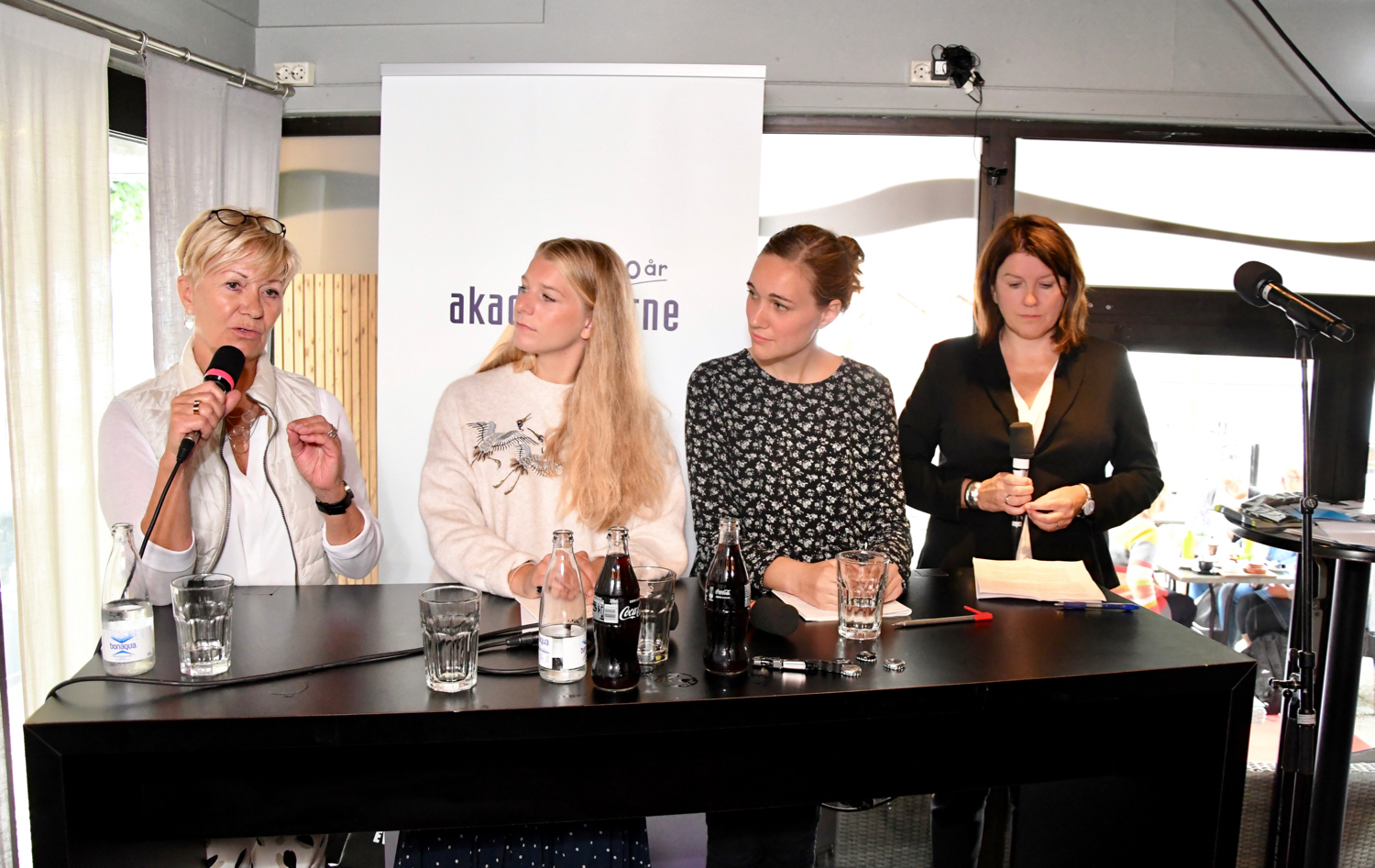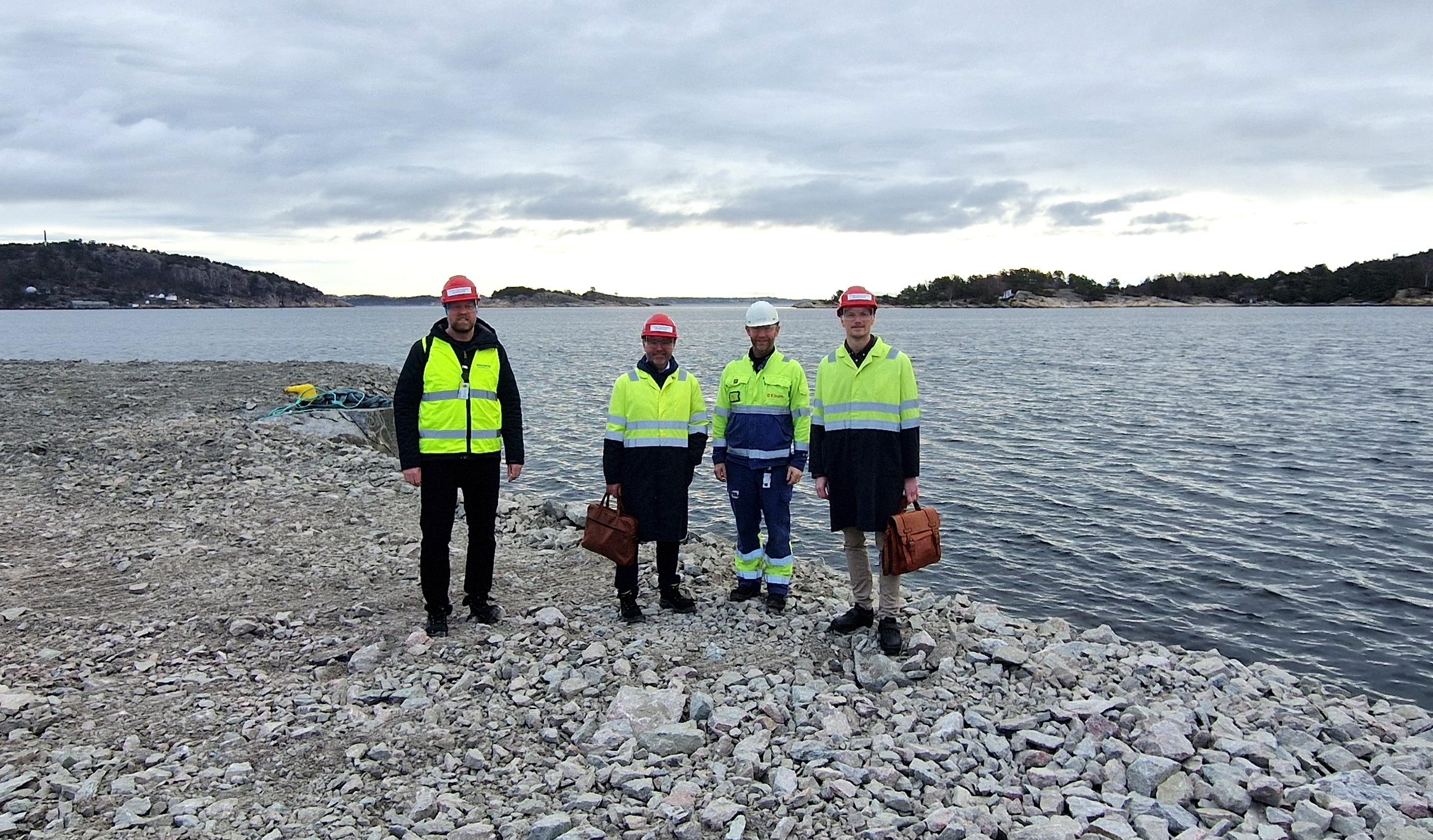That is the conclusion in a report based on a study by The Federation of Norwegian Professional Associations (Akademikerne), which has members who are highly trained and highly qualified.
The report presented last Friday as part of Arendalsuka, shows that the share of academic labor has almost doubled in the last 15 years, and that it is expected to keep rising.
“All kinds of academic backgrounds will be in demand, but especially higher ICT education,” says Rolf Røtnes, CEO of Samfunnsøkonomisk analyse and responsible for the survey and report.
“Increased demand for highly educated workers must be met by the domestic educational and labor markets. The salary level for these kinds of jobs is too low to draw foreigners to Norway,” says Røtnes.
FEWER NO-TRAINING JOBS
Another future prediction illustrates the importance of a good education. Today, one out of three Norwegian jobs do not require any special training. Within two decades, it is expected that only one in six jobs require no training.
Anne-Grete Ellingsen, CEO of GCE NODE, participated in a debate following the presentation of the report. She stressed the importance of technology.
“Technology is, more than ever, driving us forward. My best piece of advice to any future university student is to add a dose of technology in whatever education you choose. Understanding technology will be important for understanding the world around you,” said Ellingsen.
Added Kari Sollien, Head of Akademikerne: “Get a good education! That was always my mother’s advice to us kids. The advice is more relevant than ever. It will be increasingly harder to get a job if you don’t have a good education,” says Sollien.
She expressed concern that information technology is not sufficiently incorporated in the Norwegian educational system.
“Norwegian kids build digital competence on their spare time, not in schools. This is something we need to address,” said Sollien.



